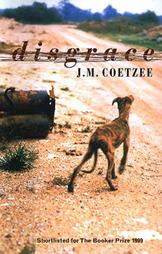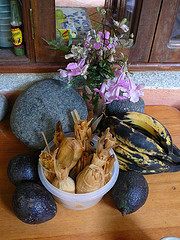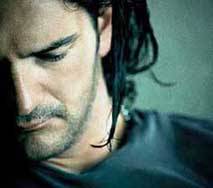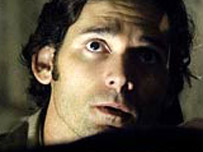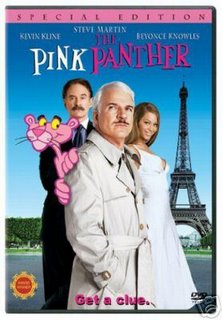 "Bond reflected that good Americans were fine people and that most of them seemed to come from Texas."
"Bond reflected that good Americans were fine people and that most of them seemed to come from Texas."Just one of many little snippets from the world according to James Bond from this deliciously old fashioned book − by which I mean sexist, racist and snobbish − given a new lease of life here in 2006 by EON productions. Actually, the best of the lot has to be this: "The trouble is not how to get enough caviar, but how to get enough toast with it."
Bond doesn't do anything particularly heroic in his first outing; it's a wonder the whole 007 phenomenon got going at all after this. He wins a game of Baccarat but he doesn't, for instance, shoot anyone. His rear end requires saving twice, first by the Americans, and then, gawd help us, by the French. He trashes his Bentley before having his genitals worked over by a carpet beater, but still appears capable of thinking with them for the rest of the story, unable to spot all the obvious signs that his curvaceous assistant Vesper Lynd is a traitor working for "Redland". And but for the momentous incompetence of two Bulgarian bomb-chuckers he would have been blown to smithereens before the first card has been turned over. As mid-50s hedonistic, amoral anti-heroes went, my money would have been on Tom Ripley.
Yet the novel isn't without all merit. Perhaps its most interesting passage is the exchange where the British agent confesses to Mathis that Le Chiffre's taunt that he has all the while been playing a silly game of cowboys and indians has actually hit home. The problem, says Bond, is that he's no longer sure of who is really bad. "God is a clear image, you can see every hair on His beard. But the Devil, what does he look like? There's a good book about goodness and how to be good and so forth, but there's no Evil Book about evil and how to be bad. The Devil has no prophets to write his Ten Commandments and no team of authors to write his biography."
Fleming's Vesper starts off promisingly enough, drawing Bond in with her "composure" and what he takes to be ironical disinterest. But thereafter she becomes way too "oh darling" for my taste, represented to us through the confused sentimentality of a misogynist. As for the cocktail that Bond names after her - "Three measures of Gordon's, one of vodka, half a measure of Kina Lillet. Shake it very well until it's ice cold, then add a large, thin slice of lemon peel, got it?" - its reappearance in the movie this month has had a dramatic impact on sales at Kina Lillet, one of the few highly visible brands that didn't have to pay for its placement.
"Rolex?"
"Omega"
"...beautiful."

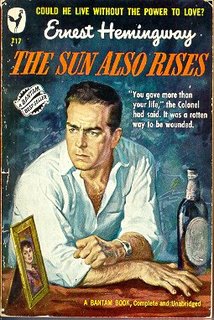
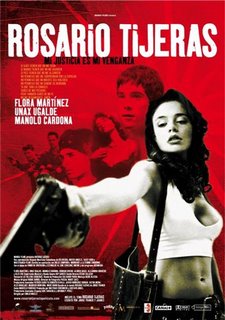

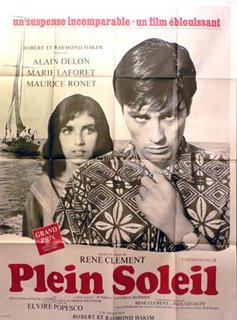

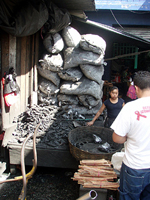



 A sound like a literary novelist trying not to sound like a literary novelist?
A sound like a literary novelist trying not to sound like a literary novelist?

 Anthony Minghella got one thing right: Patricia Highsmith's story does seem to need another murder.
Anthony Minghella got one thing right: Patricia Highsmith's story does seem to need another murder.
